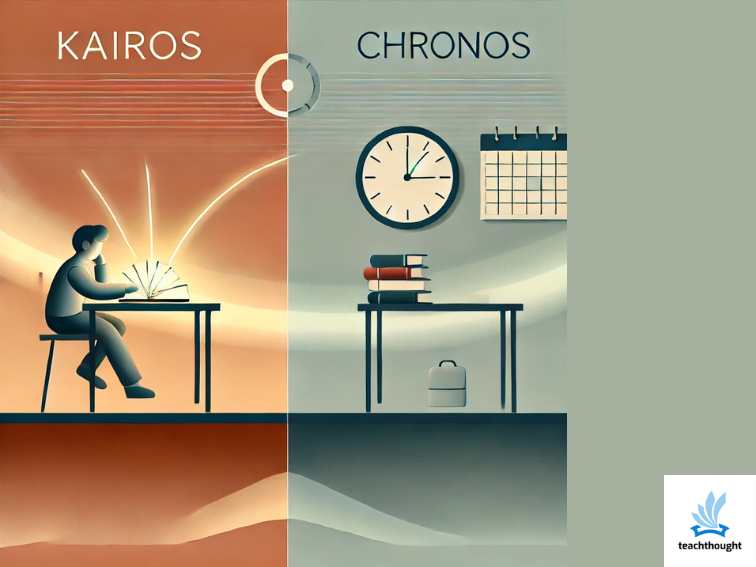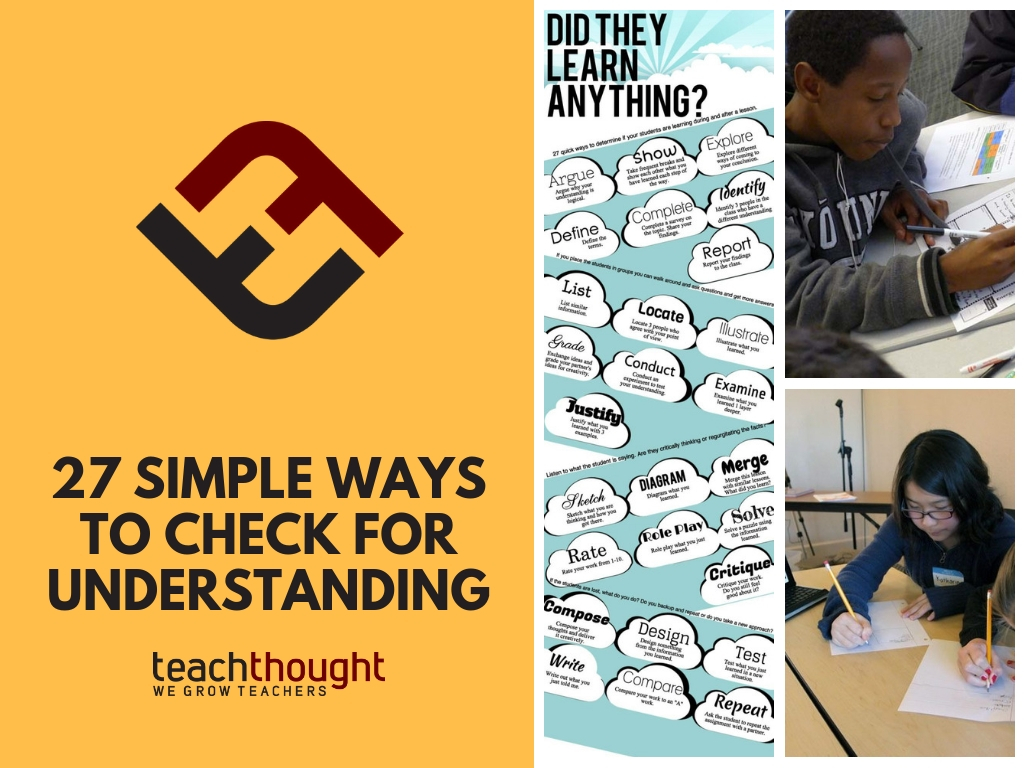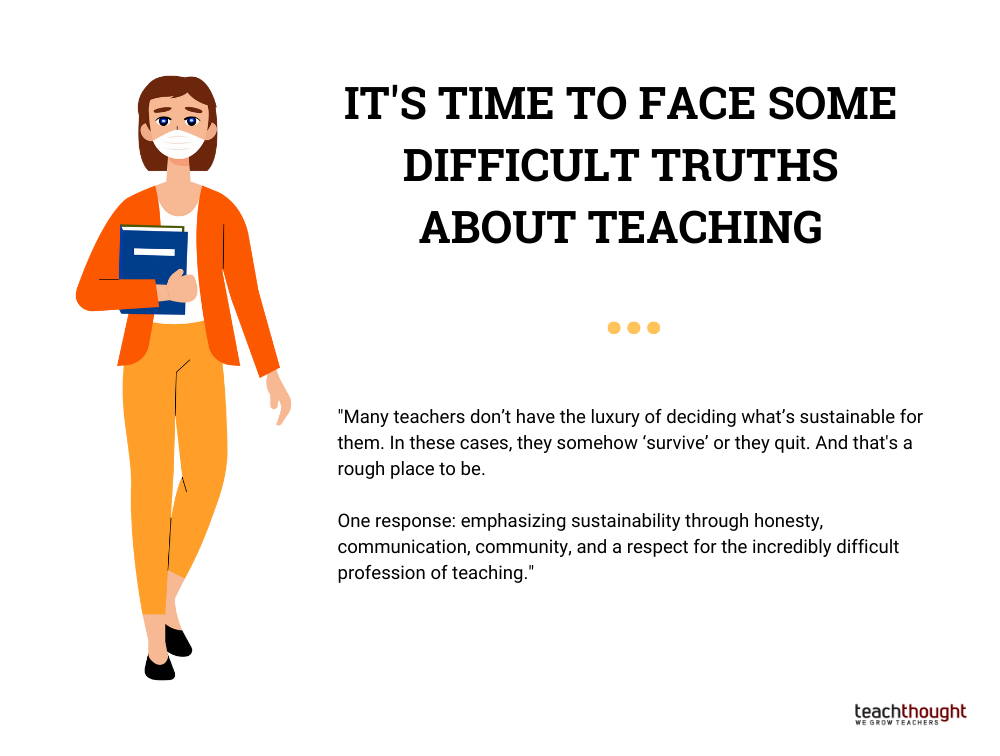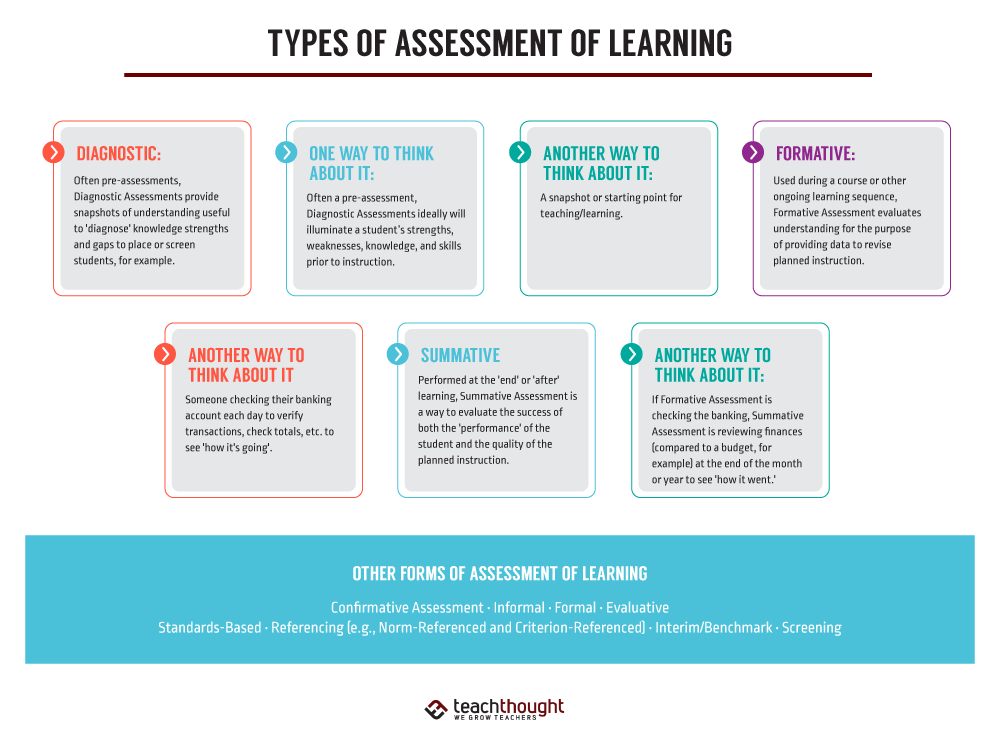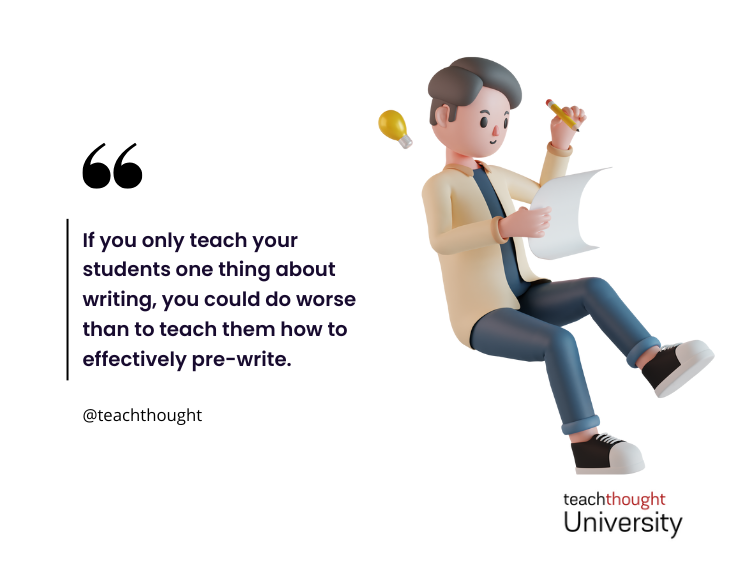Utilizing Kairos: Balancing Structured Time and Discovering Rate in K- 12 Classrooms
Time in education has to do with more than mins on the clock or sticking to rigid schedules. It has to do with just how trainees experience time cognitively and psychologically in the learning process. A much deeper dive into these concepts exposes workable means to produce meaningful learning experiences for pupils.
Educational thinker Shari Tishman describes this beautifully in her work, Sluggish Observation: The Art and Method of Understanding She reminds us that observation and understanding occur with repeated encounters with concepts and experiences–‘re-searching’ in the truest feeling. Likewise, educators must wonder about just how ‘time’ and ‘room’ function in class and exactly how they enhance or restrict knowing.
This brings us to the old Greek principles of time: Chronos and Kairos
Chronos describes chronological, measurable time– course durations, units, pacing guides.
Kairos describes suitable moments, when time and preparedness align to spark understanding and insight. In mentor, Kairos usually occurs when trainees connect concepts in their very own distinct ways and at their very own rate.
Kairos describes the suitable moments for learning, stressing a pupil’s preparedness and cognitive state to engage with expertise in a significant method. Chronos , on the other hand, represents sequential, structured time in education and learning, concentrating on scheduled periods, lesson plans, and the pacing of material shipment.
Moving from Chronos to Kairos in the Class
Frequently, modern-day education and learning focuses specifically on Chronos– structured timetables, standardized tests, dealt with lesson strategies– while disregarding Kairos, the individualized cognitive ‘space’ that encourages pupils to discover, concern, and create crucial thinking skills. This tendency places students right into one-size-fits-all mold and mildews and neglects private discovering ‘velocities.’
See likewise Vital Thinking Is A Way of thinking
In functional terms, finding out rate is the pace at which a student procedures, takes in, and applies expertise. Some students procedure promptly, demonstrating strong memorization and performing well on timed analyses. Others take even more time to explore concepts, ask questions, or internalize new info, causing deeper critical reasoning and stronger problem-solving abilities. Both strategies are useful, and good training makes room for both.
One Instance Of Kairos And Chronos
- A fast processor in mathematics could swiftly memorize formulas but battle to apply them to real-world issues.
- A slower cpu may take longer to understand the solutions yet create deeper applications and links with time.
Neither is inherently much better or even worse; they are simply various symptoms of discovering. The teacher’s function is to recognize and honor these differences, creating a balance between the structure of Chronos and the adaptability of Kairos.
Kairos describes the suitable minutes for discovering, emphasizing a student’s preparedness and cognitive state to engage with expertise in a meaningful means. Chronos , on the various other hand, represents sequential, organized time in education and learning, concentrating on scheduled periods, lesson plans, and the pacing of product shipment.
The distinction depends on that Kairos fixate the qualitative facets of learning — just how and when a trainee is most responsive– while Chronos is worried about the measurable measurement of time allocated for guideline. Efficient training needs to harmonize both concepts, making use of sequential preparation to sustain the growing of Kairos minutes that cultivate much deeper understanding and vital reasoning.
6 Straightforward Techniques For Redeeming Kairos In The Class
Build in Flexible Expedition
Enable pupils time to engage with material deeply, specifically after presenting a new idea. For example, after a straight instruction session on the Civil Rights Activity, supply area for pupils to ask inquiries or research certain numbers or occasions that interest them.
Include Reflection Time
Representation is helpful for slower cognitive processing and develops brand-new links for students. Usage journaling, quiet thinking time, or reflective discussions after a lesson to motivate trainees to process at their very own speed.
Deal Flexible Pacing Options
If research, projects, or evaluations have hard due dates, allow flexible paths for completion. For instance, provide tiered assignments where pupils can select a base-level task or optional extensions to push much deeper reasoning.
Use Several Understanding Modalities
Equilibrium structured activities (e.g., worksheets and tests) with more exploratory possibilities such as team work, jobs, or discussions to involve both faster and slower learners. A science questions task, as an example, might include room for both quick experiments and extensive study.
Redefine Success
Move beyond metrics that associate greater achievement just to speed or memorization. For example, examine important thinking through flexible questions, projects, or portfolios that consist of evidence of consideration and imagination, not just speed up.
Understanding the Effect of Mind-Space
Instructing for Kairos not just supports individual learning rates yet also promotes independence and important reasoning. Significantly, it shifts the emphasis from “what to discover” to ‘just how to learn.’ When students have the flexibility to explore their unique rate and handling designs, they get an understanding of themselves as learners.
Think about a pupil that struggles with timed analysis comprehension examinations might master composing essays that enable time for idea and creativity. Without chances to explore this strength, that pupil may disengage from the knowing procedure completely. Creating ‘Kairotic room’ avoids this type of separate, allowing trainees to specify their very own success.
Closing Thoughts
Recovering Kairos in classrooms needs intentionality. From reassessing lesson strategies to structure in opportunities for exploratory and reflective understanding, every educator has the capacity to develop mind-spaces that have the most effective possibility helpful pupils find out.
In the long run, honoring finding out rate implies acknowledging that pupils do not simply require time in the class– they need area within the classroom to expand, concern, and create understanding at their own rate. When this happens, pupils achieve not just as students however as essential thinkers prepared for a life time of expedition/
TeachThought’s mission is to advertise important thinking and advancement education and learning.
